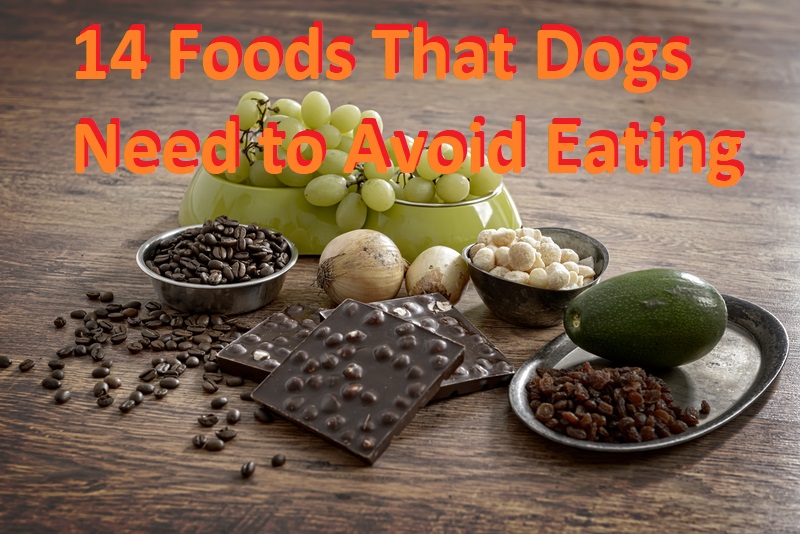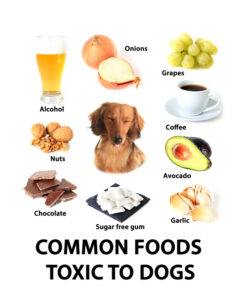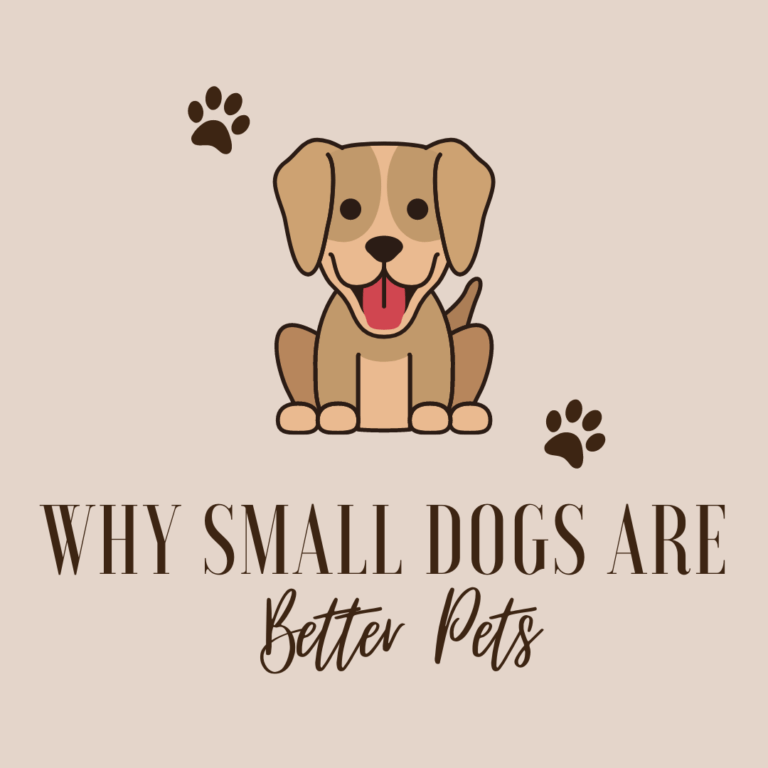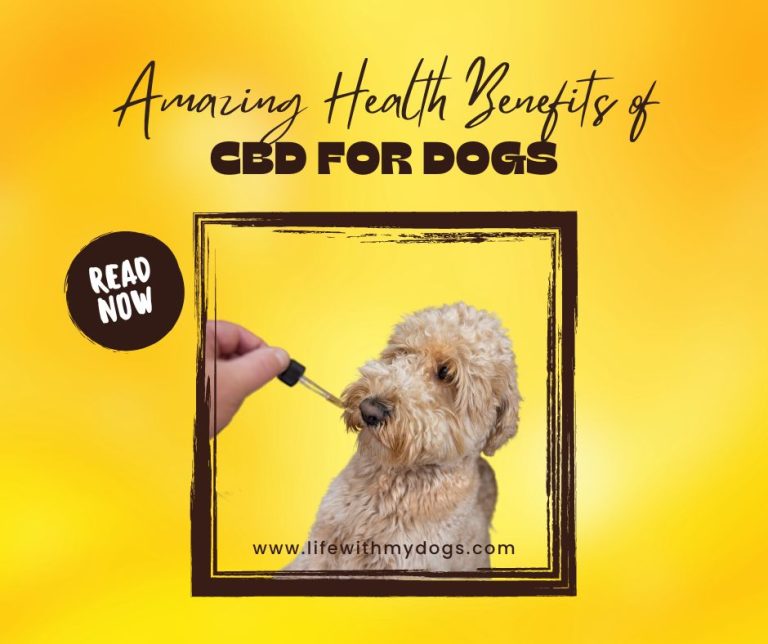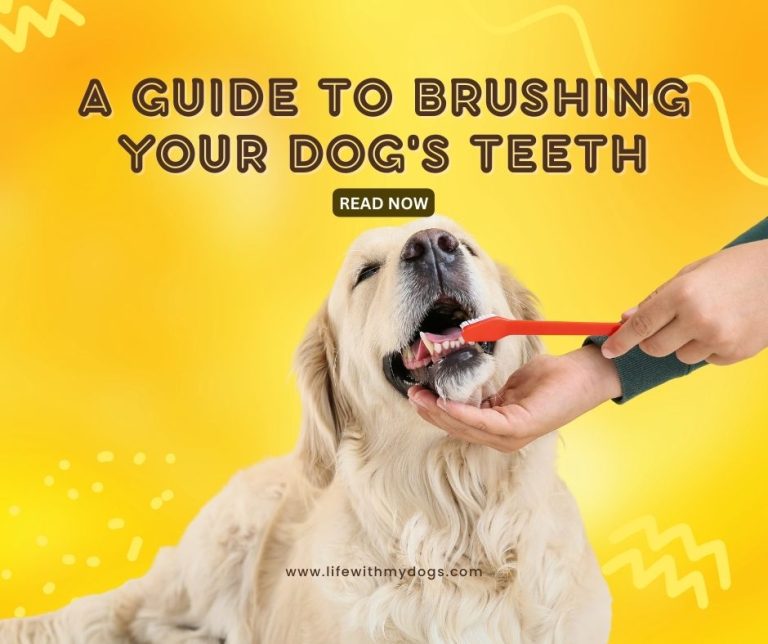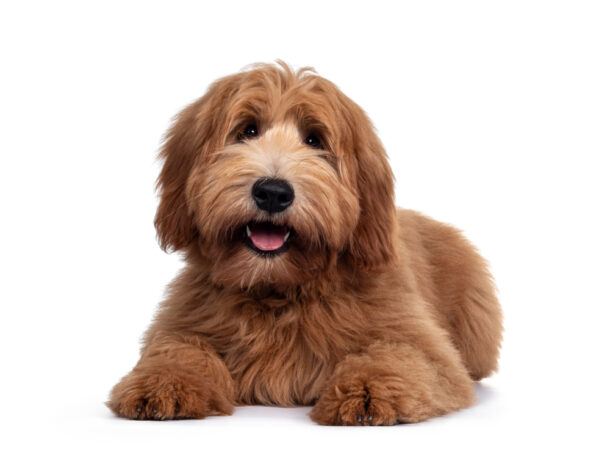Foods That Dogs Need to Avoid Eating
LifeWithMyDogs is supported by our audience. When you purchase through one of our links, we may earn a small affiliate commission. As an Amazon Associate I earn from qualifying purchases. Your cost is not affected.
**********
Know the Foods That Dogs Need to Avoid
Some foods that we enjoy can actually harm your pet, sometimes fatally. Pet owners need to know the foods that dogs need to avoid eating. These toxic or otherwise harmful foods should never be fed to your pet, even in small amounts.
If your pet does eat one of these, contact your vet immediately. You might not need to rush to the emergency vet, depending on the food and the amount. However, it’s best to make sure.

Foods That Dogs Need to Avoid:
Alcohol
Even small doses of alcohol cause sickness, including intoxication and diarrhea in dogs. They might also experience central nervous system damage.
Note: Some foods contain alcohol, too. It’s best to read labels and avoid foods with alcohol content.
Almonds
While not toxic, some dogs don’t chew them completely. The almond might then block the esophagus or even possibly tear delicate tissue. Also, the salted almonds can cause water retention, which might lead to a dangerous situation for dogs with heart disease.
Artificial Sweeteners
Some of these are fine for dogs, but some, such as Xylitol, can be lethal. Xylitol causes an insulin reaction which causes hypoglycemia. It’s linked to liver failure and blood clotting disorders. Unfortunately, many dogs like these products. In fact, given the chance, they find ways to get them, even when not easy to reach.
Note: Be sure to read all food labels carefully. Manufacturers often add xylitol and other artificial sweeteners to unlikely foods.
Avocado
All parts of the avocado plant contain toxins. While these are healthy foods for humans, dogs should not indulge. The substance, Persin, exists in the leaves, fruit, and seeds. It causes vomiting and diarrhea in dogs.
Bones
Your dog might enjoy gnawing on a meaty bone. Some types are fine, such as a beef knuckle bone. Avoid any that might splinter. These easily perforate the dog’s gut, leading to emergency surgery or even death. Bones to avoid: pork and cooked poultry.
Chocolate
Chocolate contains toxic substances called methylxanthines. These act as stimulants and stop a dog’s metabolic process. Even a small amount of chocolate might cause diarrhea and vomiting. But large amounts lead to seizures, irregular heart function, and even death. If your dog ingests chocolate, contact your veterinarian or the Pet Poison Helpline immediately.
Note: Some dogs go to great lengths to get to these flavorful treats. Keep them safely away to avoid problems.
Cinnamon
This spice, loved by people, should be avoided for pets. It is not actually toxic. But it can irritate the lining of the mouth and throat and might cause stomach distress. Also, it lowers blood sugar, which can then lead to diarrhea, vomiting, or an increased or decreased heart rate. In some cases, it leads to liver disease, too.
Note: even if the dog doesn’t actually eat the cinnamon, the powder form, when inhaled, might cause coughing, choking, or even difficulty breathing.
Coffee, Tea, other Caffeine
Caffeine is toxic to our pets. Our homes contain many caffeinated products including coffee beans, grounds, brewed coffee, and those little coffee pods. However, not just coffee contains that toxic to dogs caffeine. In fact, you might not have considered other caffeine-infused products such as chocolate, tea, and tea bags, soda, and even many energy drinks. You might even find it in some supplements. Read the labels and keep these toxic drinks and foods away from your dog.
Corn on the Cob
Some dogs enjoy corn on the cob and it does provide a little chew toy. And if you are eating outside, you might not care about the mess, either. The problem with this food is for dogs that don’t fully chew their food. Those chunks of cob might create an intestinal blockage. For this reason, it’s best to trim a little corn off the cob to give your pet a corn treat.
Eggs (Raw)
Yes, cooked eggs offer good nutritional benefits to our fur friends. But the egg white, if not fully cooked, causes biotin deficiency.
Fish
In general, cooked fish is fine for dogs. Ensure that it is fully cooked as raw or undercooked fish often contains parasites that might make your dog very sick. Moreover, they cause vomiting, diarrhea, and dehydration. In some cases, they cause death in dogs.
Note: In this case, fish means both the swimming types such as salmon and shellfish. While they are high in antioxidants, vitamin B-12, and phosphorus, they are low in fat, calories, and carbohydrates. Fully cooked fish and shellfish are good treats for your pet.
Garlic, Onions, Leeks, Chives
This group offers some controversy. In fact, you might find the ingredient in some dog foods. However, research shows that the Allium family (garlic, onions, leeks, chives) creates anemia. In addition, side effects include pale gums (from lack of proper blood supply), elevated heart rate, general weakness, and the potential of collapse.
Note: The effects from alliums sometimes show after a day or two, rather than immediately. If your dog eats one of these, monitor him for a few days to ensure his good health.
Grapes and Raisins
Both grapes and the dehydrated version, raisins, cause severe liver damage and potentially kidney failure.
Ice Cream and Other Sweet Treats
While not toxic, these tempting desserts contain too much sugar for your dog’s health. However, the sugar-free versions might have additional problems with toxic sweeteners. Consider providing your furry friend with his own dog-approved treat.
Macadamia Nuts
Pet owners need to know that Macadamia nuts are highly toxic to their pets. Dogs should never eat macadamia nuts. In fact, these are some of the most poisonous foods for dogs. Part of the Protaceae family, Macadamia nuts cause vomiting, increased body temperature, the inability to walk, and lethargy. Even worse, they affect the nervous system. Experts all agree: never feed your dog macadamia nuts.
Owners Need to Know the Foods that Dogs Need to Avoid Eating
While not all of these are truly toxic, those not toxic still prove harmful to your pet in other ways. In fact, owners need to carefully consider which foods their dog has access to.
In Summary
Keep this list of foods that dogs need to avoid eating nearby. I suggest posting it on your refrigerator or other easy-to-find places. In addition, your dog’s health and even his very life may depend on it. Our family also keeps our vet and emergency vet information posted on our refrigerator. Moreover, in an emergency, this ensures you won’t need to dig through papers or depend on an internet search to find the information.
Read More


